CURRICULUM
The program in International Public Policy and Management (IPPAM) offers an accelerated and innovative masters degree for experienced international professionals from countries outside the U.S. as well as for U.S. professionals working in global settings.
PROGRAM INFORMATION
Program Objectives
Curriculum Overview
Degree Requirements
Apply to IPPAM
FAQ
Contact IPPAM
APPLICATION CHECKLIST
Program Learning Objectives
The International Public Policy and Management Program (IPPAM) offers a masters degree program for international mid-career professionals and US professionals with three or more years of prior experience or an interest in working in international settings. Students are broadly drawn from national and local government agencies, not-for-profit service providers, international business firms, educational settings, media organizations, and so forth. The students in each year’s cohort represent 8-12 different countries. Countries such as China, Taiwan, Korea, Kazakhstan, United Arab Emirates, and the US are represented every year. Other countries with occasional representation include Thailand, Indonesia, Philippines, Turkey, Iran, and Colombia.
The IPPAM curriculum combines the development of analytical skills to inform and assess policymaking and managerial skills to implement policies and programs and lead organizations. The curriculum consists of 32 units which is typically completed in two academic years, but can be accelerated to 18-months. The duration depends on the background, educational goals, and career path of individual students. Students complete 18 units of core courses (statistics, economics, policy analysis, program and policy evaluation, and a capstone course) and 14 units of electives chosen in an area of specialization. The specializations can be focused on particular sectors (nonprofit management, health policy and management, education policy, environmental sustainability, urban infrastructure management, transportation policy and planning, international economic development, and international trade) or on areas of skill development (analytical methods, communicating public policy, public finance, social sector entrepreneurship, public private collaboration and negotiation, leadership and strategic management).
The IPPAM Program also organizes academic and professional enrichment activities such as opportunities to engage with international government officials and other distinguished professionals, seminars featuring student presentations under the guidance of faculty mentors, career development activities, team-building activities, mixers with other international students on campus (international business students in the IBEAR Program and international law students in the LLM), and social and cultural activities that feature the countries represented by students in the program.
By completing this program, students can expect to:
-
- Understand the governing institutions and political processes involved in developing and implementing public policy at a national or subnational level, the regional dynamics that influence policy in any given country, the forces that drive policy change, and how public policy is formulated, implemented and evaluated.
-
- Identify and define policy problems, analyze the determinants and consequences of a policy problem, comprehensively characterize the policy environment, design and assess options, and make actionable recommendations with sufficient specificity and detail to be of use to policymakers and decision makers.
-
- Have comparative knowledge of the demographics, governance and economics of various countries and understand how these differences frame the policy and market environment within countries.
-
- Understand the dynamics of policy formulation and negotiation at the international level to better represent their country in international forums, taking into account how citizens and other non-state actors (businesses, media, advocacy groups) impact the process.
-
- Exert strategic management and planning skills to effectively manage an organization or program, being cognizant of ethical, social justice, diversity and equity concerns and lead with sensitivity in the broader societal and institutional environment in which organizations are embedded.
-
- Be conversant in analytical methodologies and how to use country-specific data, survey data, or operational and administrative data to inform decision making. Apply critical thinking skills and a problem-solving approach to assess problems and assimilate new information.
-
- Communicate effectively with decision makers and diverse stakeholders in representing an organization or program.
-
- Foster teamwork using negotiation and consensus building skills and use collaborative skills to work across institutions, sectors or geographic boundaries.
-
- Create a valuable network of global peers in the IPPAM Program gained through working together on course projects and through shared learning and social experiences.
Curriculum Overview
IPPAM offers an academic curriculum with a dual emphasis on public policy and management. IPPAM students represent a diversity of professions and have interests that span the range of public policy disciplines. Students can customize their educational and professional objectives by selecting among concentration areas offered by the Price School:
Concentrations for Professional and Career Development are:
- Public Management & Finance
- Environmental Policy & Planning
- Transportation Policy & Planning
- Housing Policy & Real Estate
- Social Entrepreneurship
- Data Science & Analytical Methods
- International & Economic Development
- Education Management & Policy
- Health Policy & Management
- Communication & Media
- Nonprofit Management/Social Innovation
- Public-Private Partnerships/Collaboration
Degree Requirements
Students complete a minimum of 32 units for the Master of International Public Policy and Management (MIPM) degree. There are 5 core courses (18 units) taken by all students and 14 units in an area of concentration chosen by the student. IPPAM is designed to provide a solid foundation for policy, planning and management applied to a wide range of social sectors. The areas of specialization are developed through the selection of a master’s project, 4 or 5 elective courses and in the design of relevant projects in the core courses. The core courses are:
Core Courses (18 Units)
- Applied Statistics for Planning, Policy, and Management
- Economics for Policy, Planning, and Development
- International Public Policy and Management Seminar
- Policy and Program Evaluation
- Applied International Policy Analysis and Management Project
Elective Courses (14 Units)
Students can select elective courses from IPPAM, other programs in the Price School, and programs in other professional schools at USC as long as the course is relevant to the IPPAM degree. The number of units for each course varies from 1 to 4 units. Students usually take 4 or 5 elective courses depending on their concentrations and the number of units of each course.

